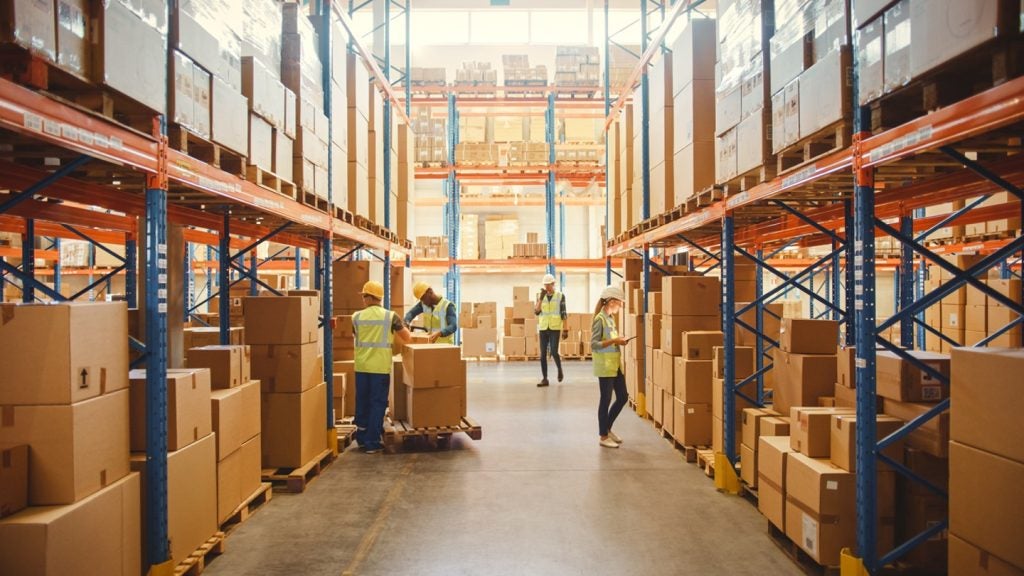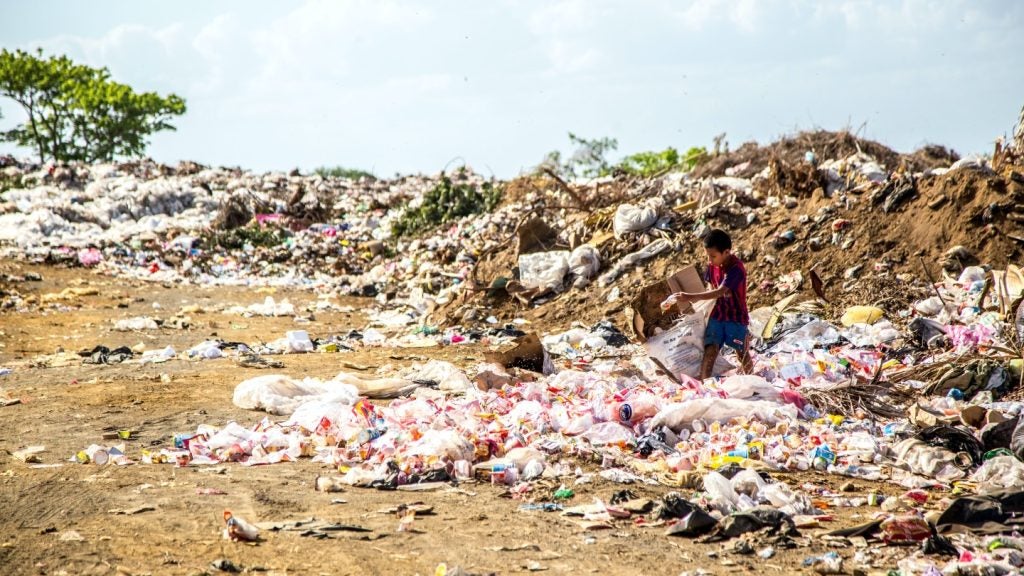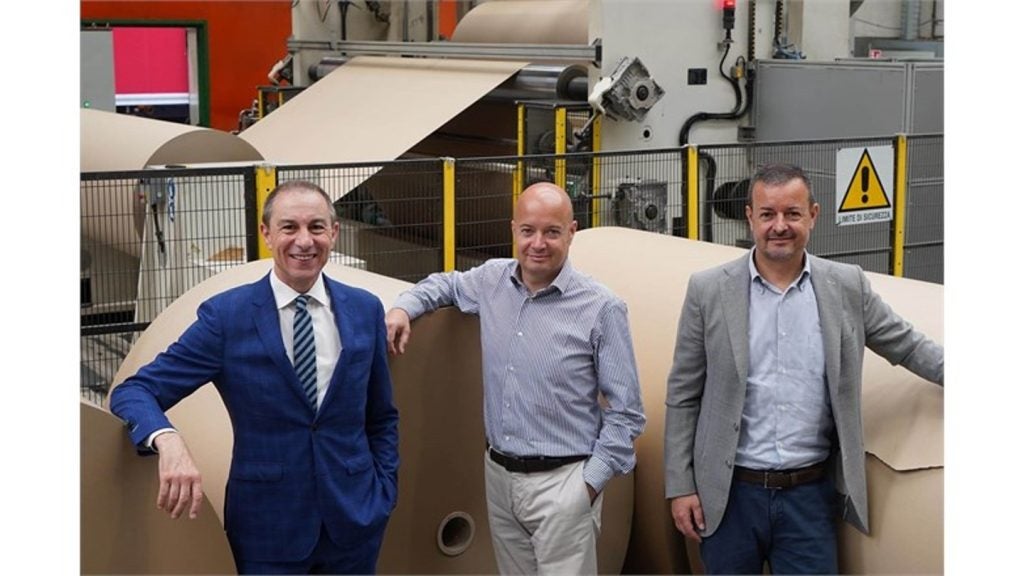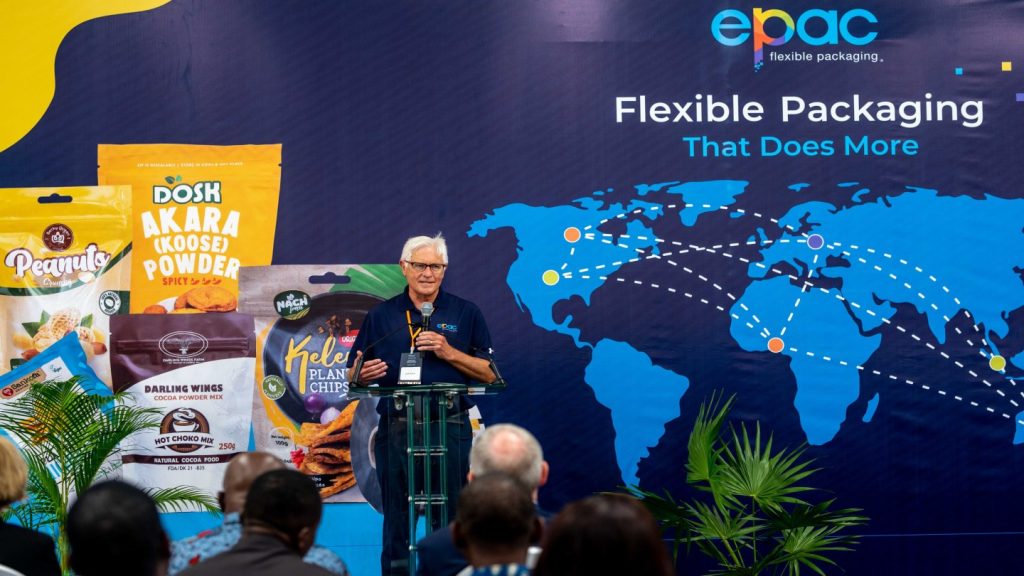British packaging company DS Smith has warned of the risks associated with amending the EU's Packaging and Packaging Waste Regulation (PPWR).
The company said that if the European Commission agrees to the new rules that will change the PPWR, the market will be flooded with 'millions of tonnes' of new plastic and decades-long progress of plastic waste reduction could be reversed.
The latest announcement comes as the EU considers accepting the new rules under the PPWR.
However, DS Smith said that the members of the European Parliament and the EU member states are still debating the PPWR’s proposed amendments, which include introducing 'mandatory reuse targets for all materials'.
DS Smith Strategy & Innovation group head Alex Manisty said: “We support the aims of the [European] Green Deal and the new legislation, but amendments that mandate reuse targets for paper and cardboard would compromise the EU corrugated cardboard industry, embed a plastic economy into the market, and hold us back on climate change.
“Recycling and reuse both have a role to play in packaging circularity and should be complementary. Reuse systems should be used where beneficial for the environment, economy and society.
“Imposing mandatory reuse targets would only benefit the plastic industry. The commission recognised this by deliberately excluding corrugated cardboard from most of the mandatory reuse targets. We call on the European Parliament and member states to do the same.”
DS Smith cited the Organisation for Economic Co-operation and Development's report, which claims that the implementation of these proposed amendments would result in the addition of more plastic pieces to the current 91% of pre-existing unrecycled plastic.
DS Smith added that the new rules will penalise the most widely recycled packaging materials and pose threats to the EU’s recycling system while nullifying its own recent policy efforts, including the Single-Use Plastics Directive.
Furthermore, the proposed amendments would directly contradict the objectives of the international treaty to minimise plastic pollution, the company claimed.
















